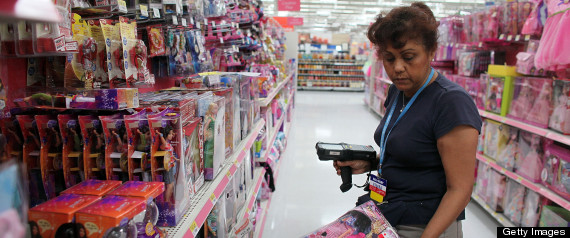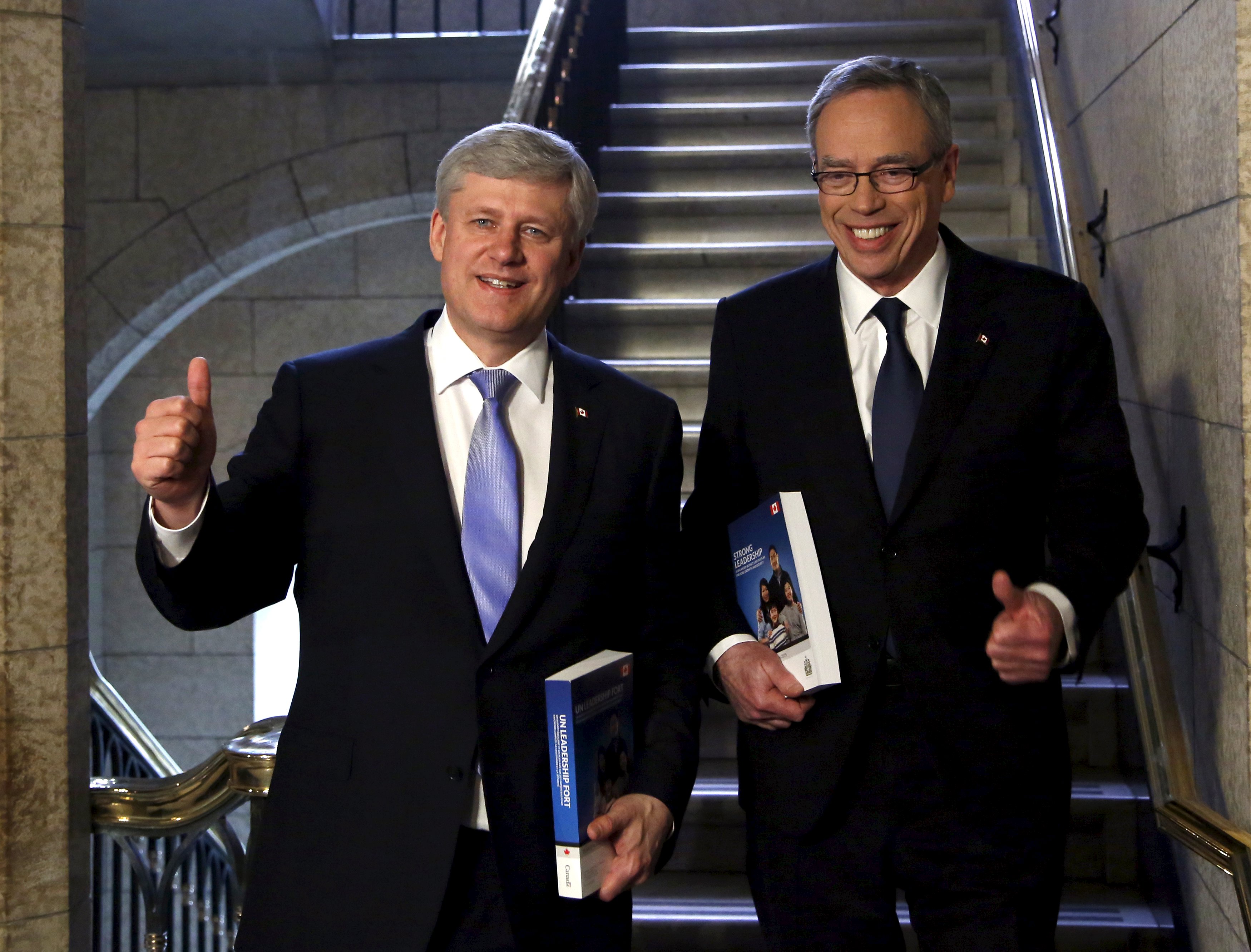
Budget 2013: Harper’s hidden tax hikes
Expect prices on all goods to rise as the Conservatives increase tariffs on everything imported from China and India. The hidden tax will likely be overlooked until it hits your pocketbooks as the Conservatives advertise the removal in tariffs for hockey and baby equipment. However, don’t be fooled, the ‘low tax’ mantra of the Conservatives, desperately being portrayed here is nothing but a lie. Taxes will go up, just you won’t see it directly. Expect the Canada-US price gap to grow even further.
Analysts state that the Conservatives’ “graduating” of 72 “emerging” companies to “developed” will mean tariff hikes and as a result, higher prices for consumers.
Analysts say that when these prices go up, hockey and baby clothing prices, which are supposed to see a 3% drop in prices, will rise with them and the savings won’t even show.
Harper’s tariff changes will lower the prices of 37 items for the short term while provoking massive price increases for thousands of others says Mike Moffatt, a professor at the Richard Ivey School of Business at the University of Western Ontario.
As an example, tariff changes will lead to the following price increases on the following types of products:
Examples of Tariff Increases
- Bicycles: Current: 8.5% New: 13.0%
- Venetian Blinds: Current: 3.0% New: 7.0%
- Table fans: Current: 2.5% New: 8.0%
- Tableware: Current: 3.0% New: 6.5%
- Umbrellas: Current: 5.0% New: 7.0%
- Potato starch: Current: 5.0% New: 10.5%
The government expects to raise $333 million by these tariff hikes while expecting to lose $72 million for eliminating tariffs on hockey equipment – purely as a distraction.
“They are basically giving us a dollar and taking back five. It’s a bit of a shell-game,” Moffatt said.
There isn’t a full list of products that will be effected but South Korea sells a lot of cars in Canada and their tariffs are expected to increase as well. Electronics, clothing, appliances and all essential needs are also expected to take a hit.
Bank of Montreal chief economist Doug Porter said that Conservative tariff policy will widen the price-gap between Canada and the US that sees American prices be much lower than Canadian prices on common goods when the dollar is at parity. This move would make Canadian prices more expensive and lead to more people fleeing to the American border.
“One wonders if this doesn’t potentially lead to even more of a problem on the price gap. I have to wonder if this isn’t taking from one hand and piling on to the other… aggravating cross-border shopping,” he said.
Analysts also say the tariff hikes could be used as a trading maneuver to force these countries to give something in exchange for lower tariffs but the same can be done with their current rates.
Flaherty noted the changes as an experiment, but has an about face when it comes to lowering tariffs.
“We chose a few items so we can watch and see what happens to consumer prices,” he explained. “If it works there are other tariffs we can reduce over time.”
One can imagine that Flaherty would be good at lowering tariffs after raising them to get publicity for a ‘low-tax’ election campaign.
For free market Conservatives, tariffs pose as a protectionist measure and are seen as regressive to good business. However, this isn’t the first regressive interference the Conservatives made on the market. Earlier this week, Flaherty told banks to hold off on mortgage rate cuts and Manulife listened as it planned to compete with the Bank of Montreal.
Do you still regard the Conservatives as the “low tax”, pro-free-market option?




